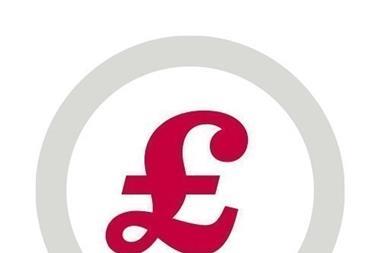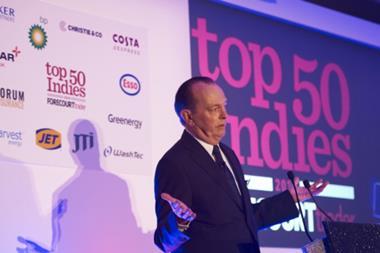
Ending the 5p fuel duty cut now, which is expected to be announced in next week’s Autumn Statement, would harm both individual motorists and those businesses that keep the nation moving at the exact time that conditions have been improving for them.
That’s the view of Paul Holland, managing director for UK/ANZ Fleet at Corpay, including UK brand, Allstar. He says: “The government is likely to end the temporary extension of the 5p fuel duty cut that was put in place by the previous Chancellor. While we knew this would happen at some point, the government needs to ask itself whether now is the right time. Are there no other areas it can make cuts? Ending the fuel duty cut would only save the government £2bn per year, or one-eleventh of the £22bn ‘budget black hole’. This is a mere drop in the ocean compared to the £788.59bn the UK brought in via tax receipts for the 2022/23 tax year.”
Holland says the impact that the years since Covid and the invasion of Ukraine have had is immense, and the 5p cut was a “small, often insufficient, but still welcome relief to all that take to the UK’s roads”.
“Cutting it now will stop fleets from being able to rebuild after several difficult years, and we urge the government to rethink this reported move.”
Ashley Tate, managing director of Allstar Chargepass UK, agrees saying for the UK’s fleets and fleet operators, it is yet another period of deep uncertainty, during a critical period of change and transition.
“There seems to be general consensus that the freeze on fuel duty that began in 2011 and the extension of the temporary fuel duty cut from 2022 will come to an end, putting £2bn back in the budget at the expense of both poorer drivers and larger fleets. The extra 5p charge on every litre of petrol will quickly add up to thousands of pounds when they are refuelling large vehicles that are constantly on the move, such as delivery vans.”
He says added to that, while the cut-off point for the sale of new ICE vehicles is set for 2035, there has been noise that it may move back to 2030 again. Similarly, the rules around low-emissions zones and company car rates could be set for change, adding extra costs to fleets, particularly those that operate in large cities.
“Put simply, we need stability and we need certainty. One of the few areas we have this for are Benefit-in-Kind (BIK) rates. This is set until 2028 and was one of few examples where the government set a clear structure for company car tax for a set period of time, enabling businesses to prepare and incentivise to adopt EVs. But where is it for vans? Clearly it starts from the top with strategy and execution. By providing a long-term strategy, fuelled with incentives, change happens and action commences for the long term. Short-term plans and policies – or reversing of these – results in stunted momentum, and this cannot be allowed to happen.”
“We’ve seen other nations, such as New Zealand and The Netherlands, have successfully created great momentum in the electrification of their transport and logistics infrastructure only to see it stall when government initiatives change or stop altogether. The UK government must acknowledge that drivers have been through a difficult few years and make serious and long-term commitments for at least five years. That would give everyone time to plan, to adapt to new conditions and would give the UK’s drivers a much-needed break from uncertainty.”
Meanwhile, Holland is also calling for more support for small- and medium-sized enterprises (SMEs), which he says are the backbone of the UK economy.
“They play a vital role for our economic growth and employment, and in 2023 made up 99.9% of all businesses in the UK and account for over half of all jobs. Clearly, we must be supporting them to evolve and grow, however, we’re expecting all businesses to be impacted on October 30.
“This is because the Labour manifesto committed to publishing a roadmap for business taxation within six months of the election, and the Chancellor has confirmed this will come during the Autumn Statement. The headlines are dominated by how to raise funds to fill the £22bn ‘budget black hole’. However, with the government already ruling out increases to income tax, employee national insurance and VAT, the Chancellor is likely to look to other areas to generate revenue: employer national insurance, various duties, including fuel, and potentially some sector specific proposals.
“This means business cashflow will be critical. As a country, we must help ensure businesses of all sizes have access to flexible financial products and solutions that provide ready capital, enabling control of their operations. But the government must also take action. Increased financial pressure to businesses could be too much to bear for some without cutting staff, and these are the companies who need targeted help from the government. For example, tax incentives or greater access to finance could be critical areas that could unlock growth and push our economy forward. We strongly advise the government to be thinking in this same frame of mind.”
































